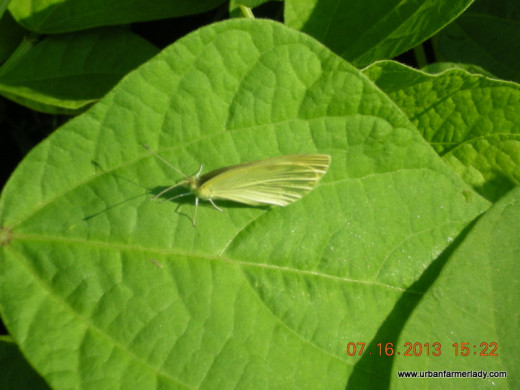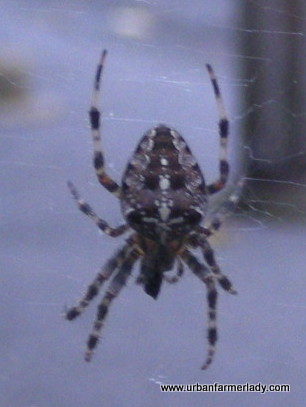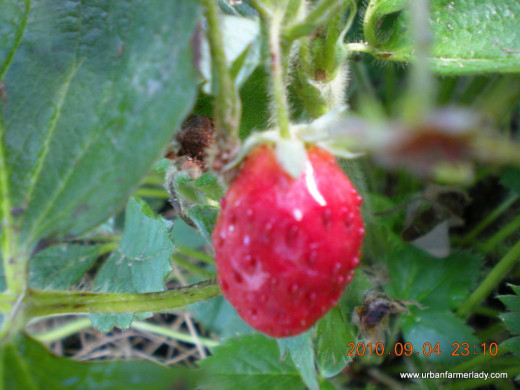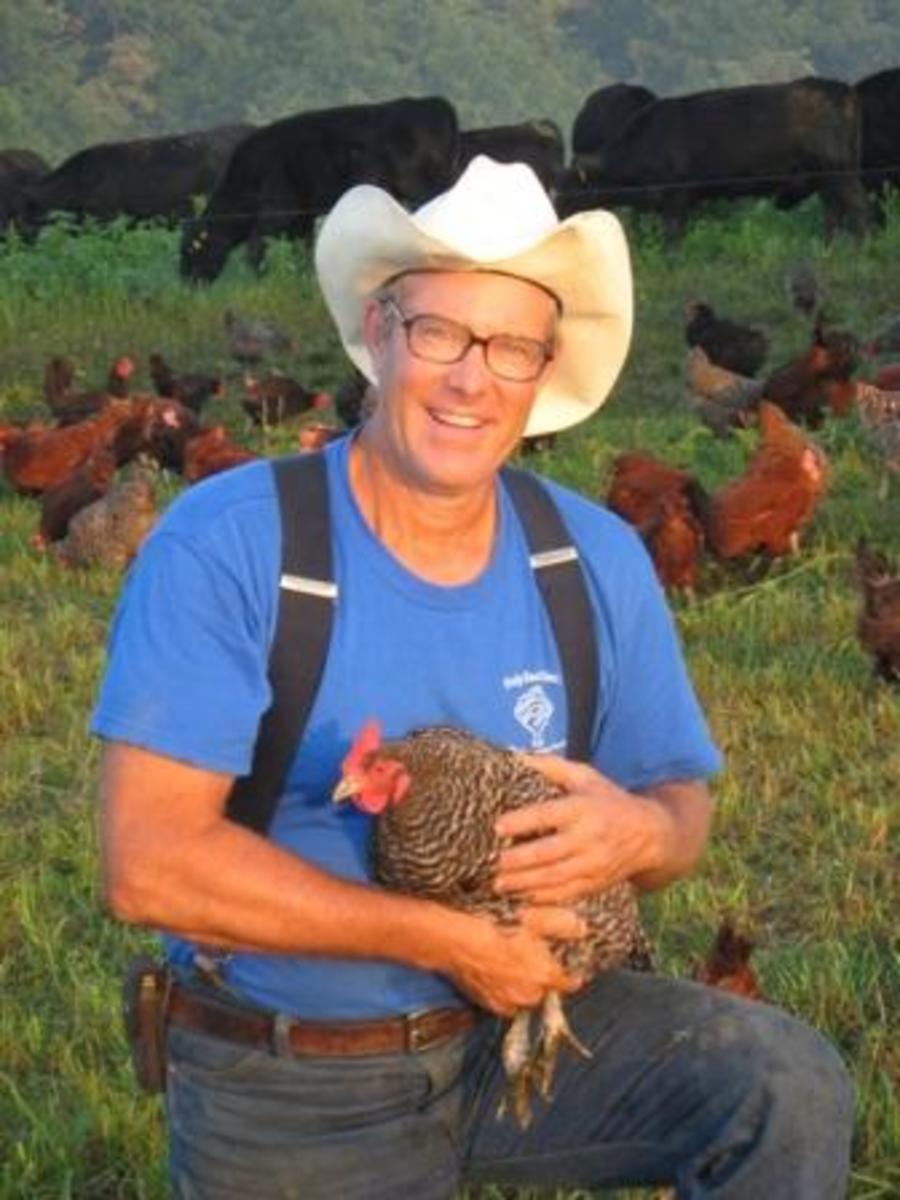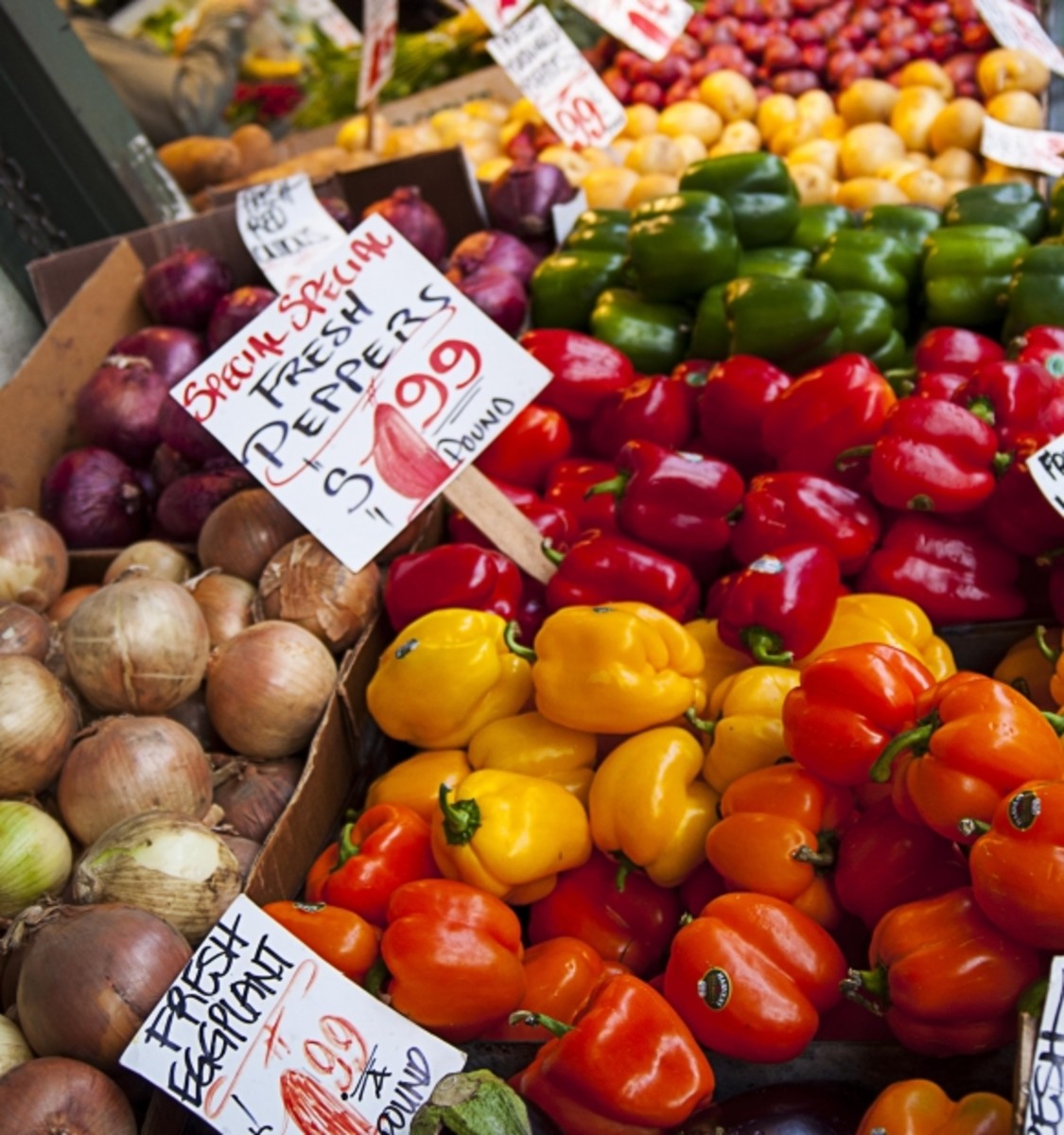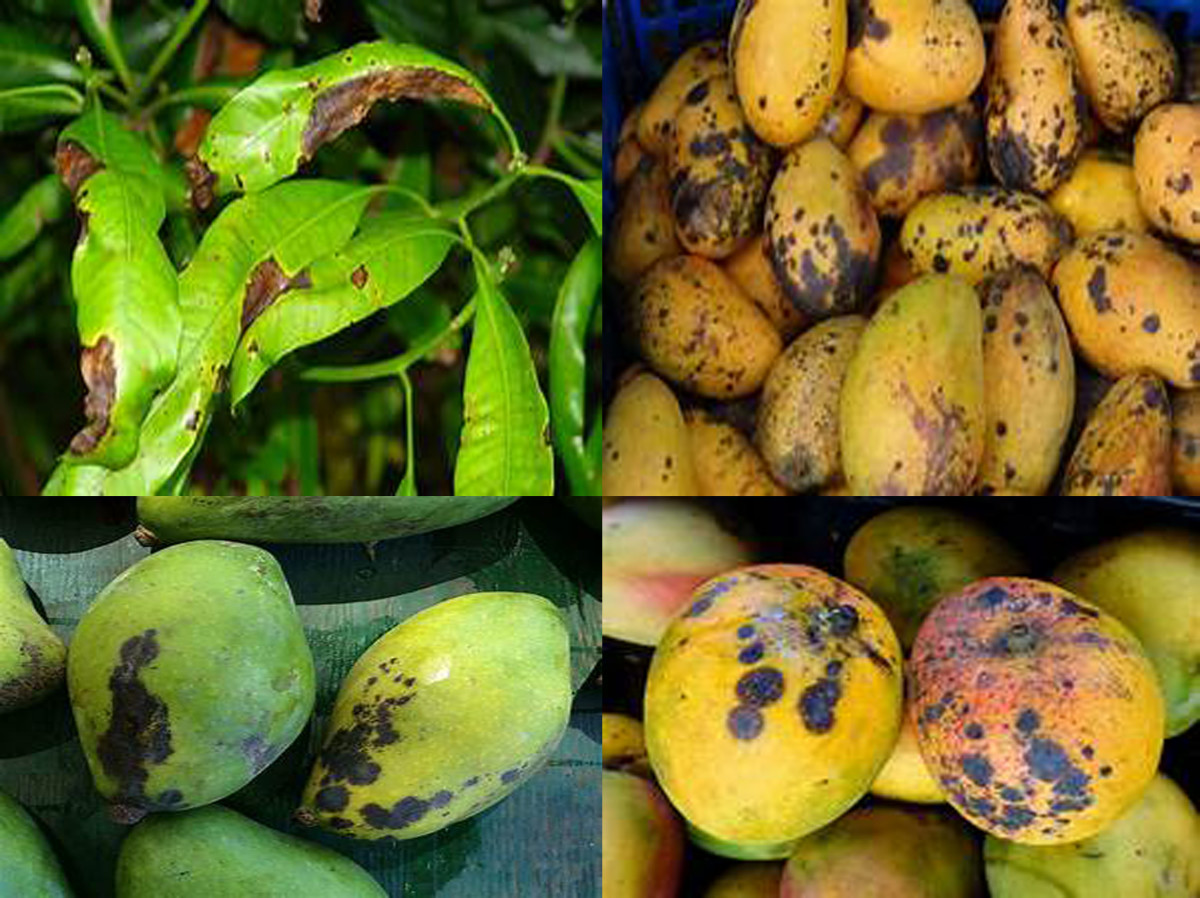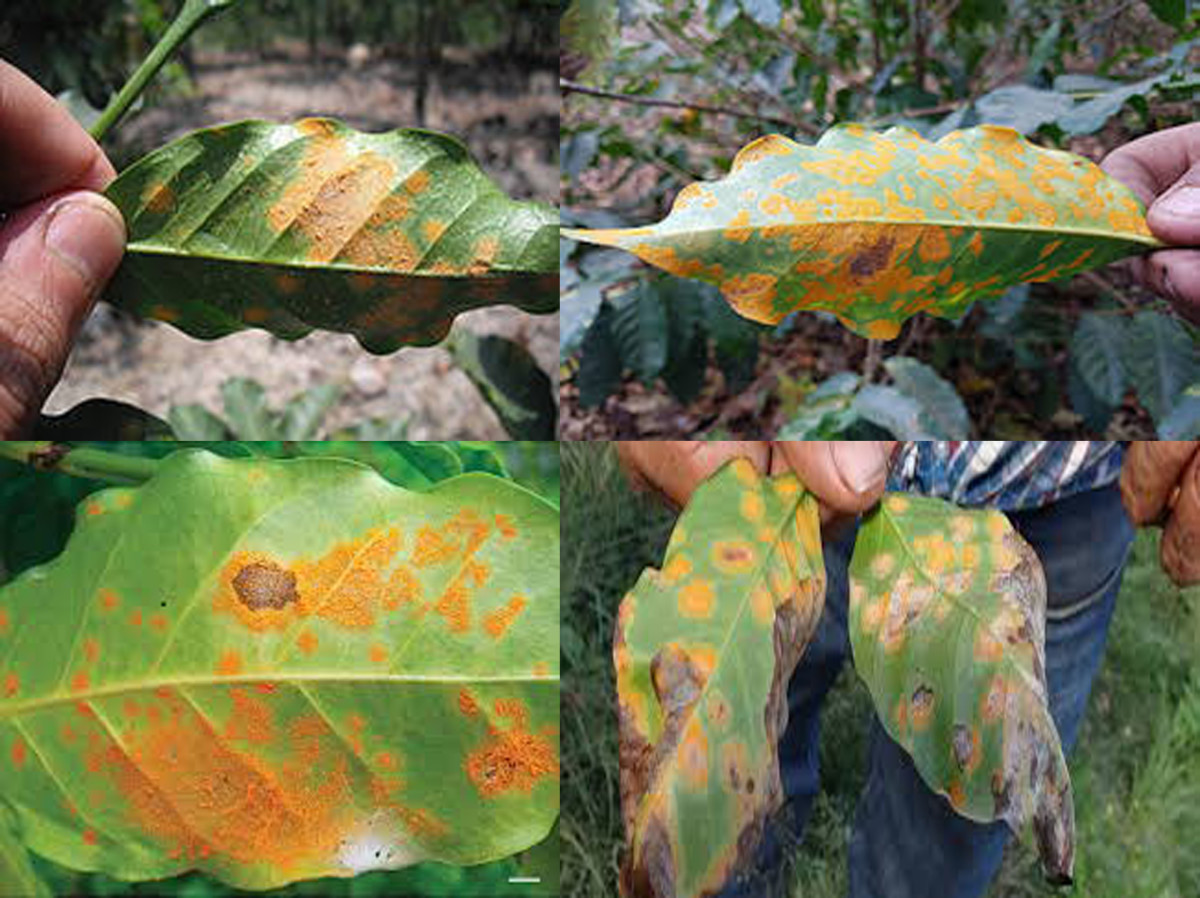Heirlooms Organics & Hybrids...oh my!
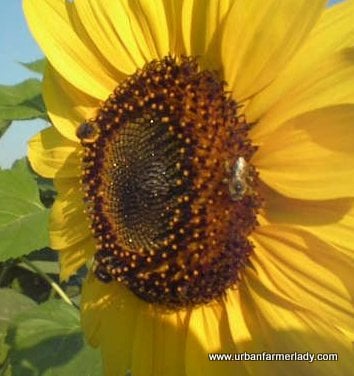
Last spring I decided, later than usual, to add a new plant to my vegetable garden. One that I didn't have. Since I hadn't enough time to sprout seeds I went searching the local retail markets for seedlings. I didn't find what I was looking for. I was discouraged. After leaving my favorite plant stands empty handed I headed to the chain stores.
I'm a seed saver fanatic. It had been several years since I purchased seedlings from the chain stores in my area. I didn't realize what I was in for.
The labels that had infiltrated grocery stores in years past now infiltrated the gardening stores too.
Decoding labels on the seedlings at the local hardware chain store is not my idea of gardening. Labels & ingredients became my focal point rather than fruits and vegetables.
I didn't want a hybrid and GMO's will never be on my list. I didn't just want the popular USDA "Certified Organic" though either. I was curious about that new-to-the-market, genuine-to-nature sounding "Heirloom" label.
I had just learned enough about hybrids to know that I personally did not want to grow them. I have acquired a skepticism for "Certified Organic" labels so I'd rather stay away from them too. I don't want any chemically grown or genetically modified seeds or plants, GMO's, so the only choice I had was the newest label; "Heirloom".
It was a hectic search. Not a lot of heirlooms available. Lots of organics, hybrids & well that other kind with it's uncomfortable patent numbers and "...unlawful to reproduce" statements. The labels were more prominent than the seedlings themselves.
Exhausting! Don't you think? I wondered when & how gardening had come to this.
What is an heirloom?...organic?...hybrid?
Here's what I've pieced together so far.
Support the Ecosystem
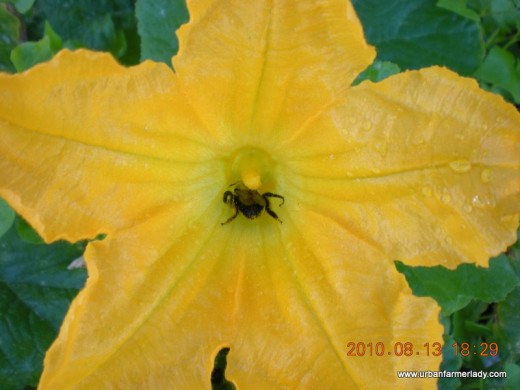
Knowledge is Our Strength

Heirloom Plants & Seeds
Once upon a time, there were natural seeds. Plants produced harvests & growers saved seeds. Just real seeds; real plants without labels. Just open-pollinated, bee-loving plants & seeds.
Ah!...those were the good ole' days.
I sowed them, grew them, defended them, and harvested from them. I ate well & the bees did too. I saved seeds from one season to the next. The ecosystem and I worked together. Our hard but healthy labor always paid off.
Throughout time & until the earlier part of the 20th century, seeds were seeds. No poisons. No labels, just precious seeds. Sure they were given names & varieties but no labels or patents.
From nature's original open pollinated plants, our ancestors developed new, stronger and hardier varieties of even more open pollinating plants using a time consuming "plant breeding" method. Except on rare occasion, "plant breeding" maintained nature's original open pollinating process. These new varieties of open pollinated plants still supported our ecosystem. Growers chose their finest plants based on flavor, hardiness, yield & so on. Seeds were handed down from one generation to the next.
Heirloom/Organic - USA Grown Seeds
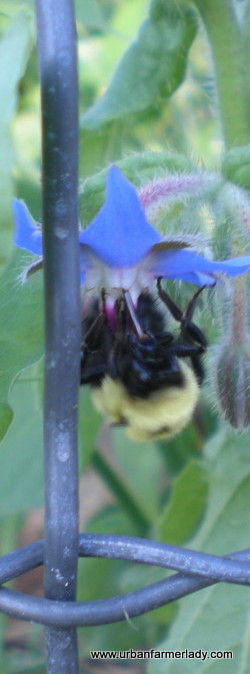
Seed Saving Guide

Heirlooms, like the standard plants of yesterday, are open pollinated plants that produce dependable seeds. In today's market, most recently ruled by Hybrids, "Certified" Organics and GMO's, one might get the impression that an Heirloom plant is clean, or organic because it's an older variety possibly developed before growers began using chemicals. An Heirloom is only clean, or organic, in the true sense of the word, if it is untreated seed and is grown without the use of chemicals & pesticides, including the soil it is grown in.
When two identical open pollinated plant parents mix their offspring will be exactly as the parents and not a mix of any other type of plant. Growers can be sure that the seeds they save from this year's crop will grow next year's crop and produce the same type of plant as the year before.
Open pollination is Mother Nature's way of reproducing. Pollinators like bees & butterflies are part of the natural open pollinating process that Heirloom plants experience & pollinators depend on.
Every now & then nature creates its own mix. I think of it as a natural hybrid. Some growers let them grow and marvel in wonder at what they might become while others view them as a waste or a threat to their original crop and pull them up right away.
In spite of a few natural hybrids created by Mother Nature herself, there once were plenty of open pollinating plants for pollinators to feed on and for farmers to reproduce the seeds that were grown from them. Today, with the worldwide spread of Hybrids, GMO's, pesticides and herbicides, as well as the worldwide demolition of natural lands, pollinators and farmers find ourselves scrounging for "clean", original open pollinated varieties of flowers and plants.
The "Heirloom" label generally refers to seeds that are passed down at least 50 years or more. So "Heirloom": plants and seeds must be open pollinated in order to pass reliable seeds from one generation to the next.
Clean, open-pollinated plants support the ecosystem and not just the stock market.
Organic Plants & Seeds
What are they? The term organic seems simple enough to define, right?
Organics, at least in my mind, are supposed to be grown the way nature would normally grow them. Supporting the ecosystem without any added substances, chemical abuse, and not grown in contaminated "anything"...if that's even possible.
Merriam Webster defines organic as "...grown or made without the artificial use of chemicals" & "not using artificial chemicals" as well as "of, relating to or obtained from living things"...
If you live in the United States, like I do, the USDA "rules" the term over our organic food & crops & seeds. Organic growers need to be certified in order to verify to the public that the food, seeds or plants they are selling are really organic, or at least that their growing methods are within the USDA's What Is Organic Guidelines.
The USDA defines organic certification as a "process claim, not a product claim" and only guarantees that the farmer used organic methods as defined by the USDA,
Certification is expensive and many small farmers cannot afford the certification. Even if they've always grown organic...very sad. This expensive USDA label dictates the organic industry and shockingly contains several non-organic loopholes that are allowed and protected by it.
Did you know that, with the exception of seed being used for edible sprouts, certified organic farmers can use non-organically produced, untreated seeds and planting stock to produce an organic crop when an equivalent organically produced variety is not available"? USDA Guidelines - page 4
Did you know that even though a product is USDA organically certified it does not mean the product is free of pesticides or GMO's? USDA Meaning of Organic Certification - page 11
I didn't.
Here's a label in our favor. The Non-GMO Project verifies whether or not a product contains GMO's. Consumers can make product verification requests, shop verified products & find retailers. Look for the Non-GMO alongside all the other ones.
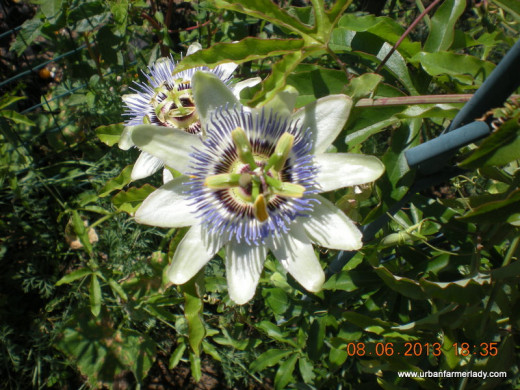
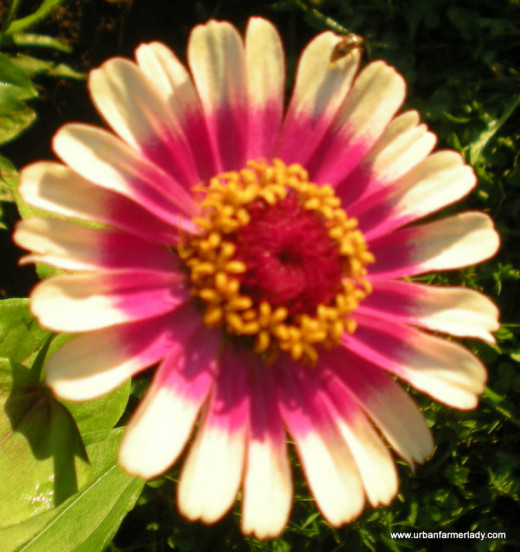
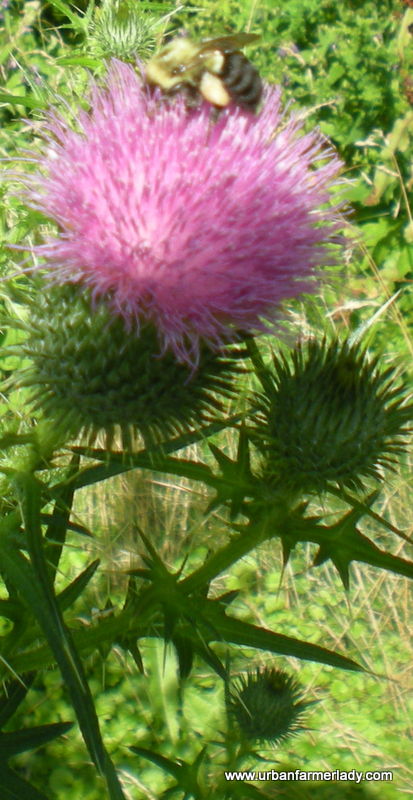
Hybrid Plants & Seeds
Before hybrids, plant breeding was the method used to develop stronger and hardier varieties of open pollinated plants. It took years for the final result. Clean, open pollinated, organic plant breeding still supported the ecosystem.
Today's hybrid plant breeders use a quick hybrid method. F1 Hybrids are created when two pure parent types are crossed to produce "one" perfect next generation right away. They produce "one" very sturdy crop for the grower but no more after that. They may produce another season's plant but with different and undependable traits.
Hybrid breeders remove pollen-bearing anthers from the selected female seed bearing plants and allow them only to breed with chosen mates. This process requires hand pollination. Hand pollination does not support the ecosystem.
Hybrid corn is the exception to hand pollination. Hybrid breeders either choose self-sterile females or they remove the tassels themselves from female or seed parent plants. The specific corn line of male and female plants are interplanted and wind pollinated.
Perfect looking hybrids, especially those with double flowers, may look great but usually do not have any scent, pollen or nectar.
Hybrid wind pollination is capable of spreading to organic heirloom crops and such, thus infecting an original organic heirloom with a hybrid. (GMO's have this same unwelcome infectious trait).
Seedling corporations adore this method because it gives them the upper hand. Companies claim ownership of the seed or seedlings. They patent their hybrids making it illegal for anyone to reproduce their developed hybrid. Growers become dependent and need to continue purchasing seedlings from them.
Do you grow Hybrids?
I don't anymore.
If you do, be aware that one season of easy-to-grow hybrids with their perfectly shaped fruits may feed you one season but they won't sustain you into the next season.
Hybrids generally will not reproduce the seeds for next year's crop but if they do the plant and/or the harvest will most always be very underserved. Maybe one or two cucumbers rather than a vine full of cucumbers for instance.
So what does this mean? Grower Dependency. Unsustainable Ecosystems.
Hybrid farmers become dependent on the manufacturer they buy from & should plan to purchase seeds or seedlings each growing season. Hybrid farmers can't depend on getting more than one crop from one seed. Ecosystems that depend on open pollinated plants starve.
Do hybrids "Feed the World"?
No. Hybrids do not feed the world. Hybrids are not open pollinating & do not feed the pollinators. Hybrids do not support the ecosystem or sustain the farmers who grow them so therefore hybrids do not feed the world.
Perfect looking hybrids, especially those with double flowers, may look great but usually do not have any scent, pollen or nectar.
Sure, pollinators may eat from hybrids but hybrids are not nutritious for them in the same way that people may eat from fast food chains but the fast food is not nutritious for them.
Starving pollinators, like starving people, cannot maintain overall good health or support their immune systems making them even more extremely susceptible to a variety of illnesses, diseases & poisonous chemicals...which is one of my reasons for choosing not to grow them.
I don't think hybrids are a bad thing in general. They aren't GMOs nor are they necessarily chemically induced although I suppose one could hybrid a couple of GMO plants together, but then it should be referred to as a Hybrid GMO.
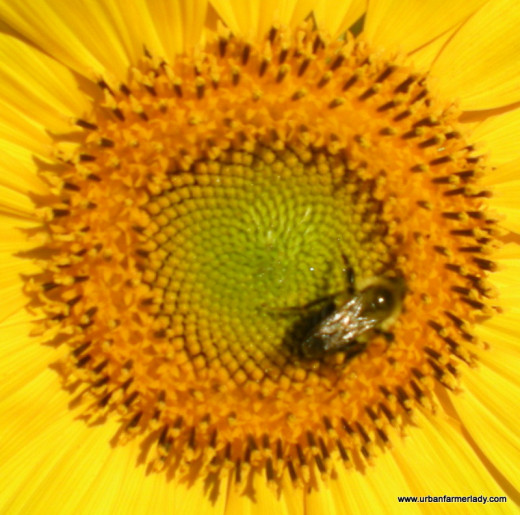
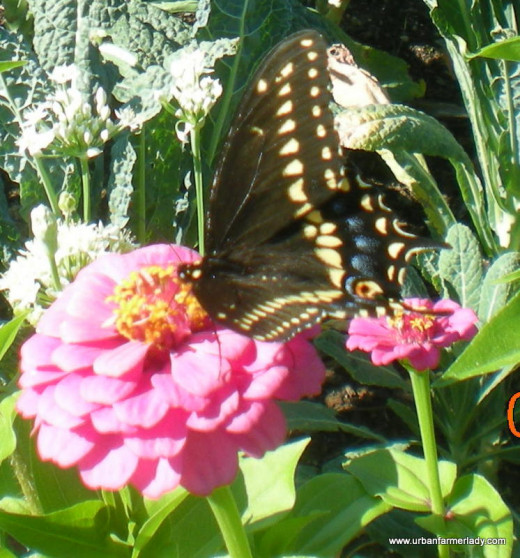
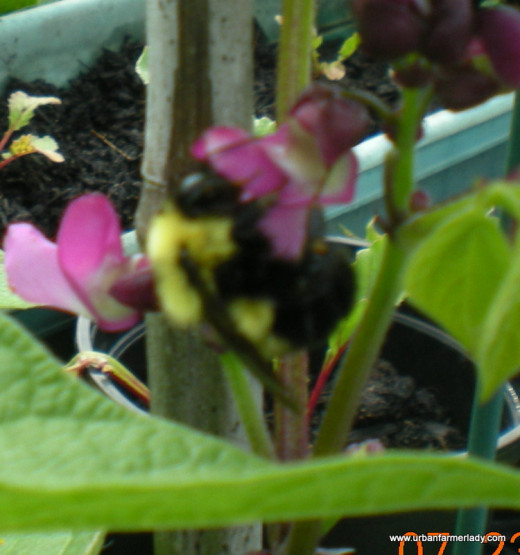
Today's manufactured hybrid plants & seeds that overwhelm our garden supply chain stores might be more resilient to negative impacts but they create a lot of them too.
Most consumers probably wouldn't stock their gardens with hybrids if they were more aware of how it affects the pollinators. Would you?
Many growers don't want to save seeds from their crops and so they don't mind buying new plants each season but I do so I don't buy hybrids because hybrids cannot reliably support my food independence.
When I think of how many people around the world buy hybrids & how much natural vegetation there is not left on the earth, I think of how many pollinators aren't getting their proper nutrition.
When Mother Nature created an occasional hybrid here or there, she also continued to create a massive amount & variety of open pollinating plants that the pollinators still thrived on.
Man made hybrids are sold to the masses worldwide and Mother Nature's natural open pollinators are being destroyed every day by a variety of things. Pollinators have fewer opportunities to eat nutritiously.
When the pollinators are starving it affects the food chain.




This is how I think gardening came to this....
After piecing together the endless supply of information so overwhelming at times that I had to take a breather, here's what I conclude:
Responsibly attempting to "Feed the World" was and is an honorable mission but disregarding the ecosystem in the process is where it's gone so wrong. The disregard for the possible negative effects that hybrids and GMOs may have to our ecosystem & our health, coupled by corporate greed & irresponsible hybrid breeding happened slowly over time, without informative news and public awareness.
It took years, generations & marketing experts selling catchy phrases like "Feed the World" concepts and "Progress", to get a jump start on invading our food supply on the store front and in our own back yards too. Now it has spread worldwide. This beast is so massive now that it is ruining our ecosystem right into corporate dependency.
For me, it's never been just about my flowers & vegetables. It's always been about the whole package, the ecosystem and working with nature. Now I need to fight for her too.
What am I going to do?
1) Infiltrate my gardens and all around town with genuine organic, open pollinated plants.
2) Plant ecosystem loving plants including weeds. Why have weeds? Because genuine organic weeds support the ecosystem. Society determined what a weed is. Mother Nature includes them while we chemically destroy them & the ecosystem too. Besides, I love dandelion greens and they're very good for the body.
3) Preserve my seeds, share them, pass them down for the next generation.
4) Make T-Shirts and Bumper Stickers with short informative blurbs to broadcast information especially in high traffic GMO, Organic & Hybrid aisles at local retail chain stores and everywhere else too.
5) Find out what ecosystem killing chemicals my city uses on it's natural landscapes and find real organic alternatives to them. Include them in a petition and get signatures from my community demanding positive change. My city deems itself green because we have bike routes...but they still do most everything else in shades of other colors.
6) Learn what others are doing to bring back our ecosystem and move forward. I'll need your help with this one.
<strong>Update: January 2016</strong>
Here's what I've done:
Growing Season 2015
Created a conversation garden. Planted an organic/heirloom garden complete with wildflowers and weeds dedicated to the pollinators at the Community Gardens. The pollinators can eat and live in it while other gardeners and passers-by ask questions.
Planted open pollinated plants including dandelions throughout my own personal vegetable garden.
Shared saved, open-pollinated seeds.
Tossed saved, open-pollinated, native seeds around town in various spots.
Please share your ideas in the comments section so we can all grow on them.
Thanks & Happy Gardening!
The pollinators can eat and live in it while other gardeners and passers-by ask questions.
Here's what I've done:


